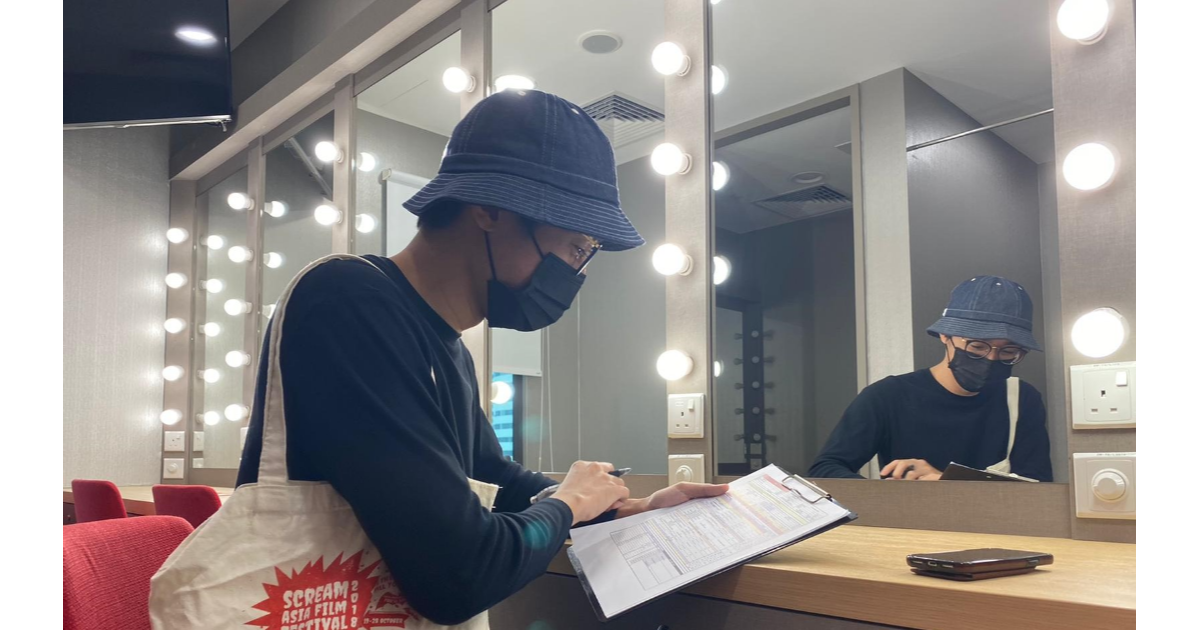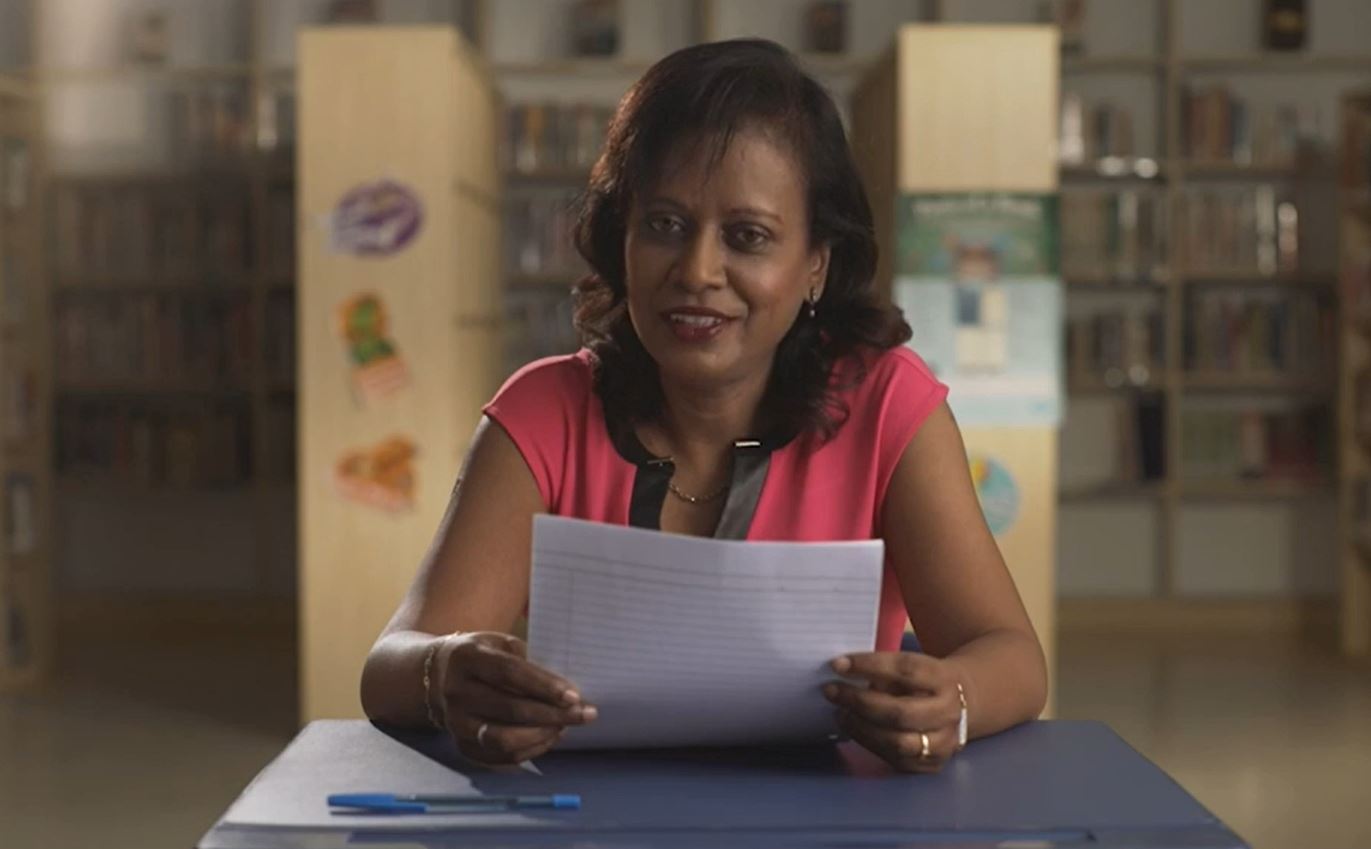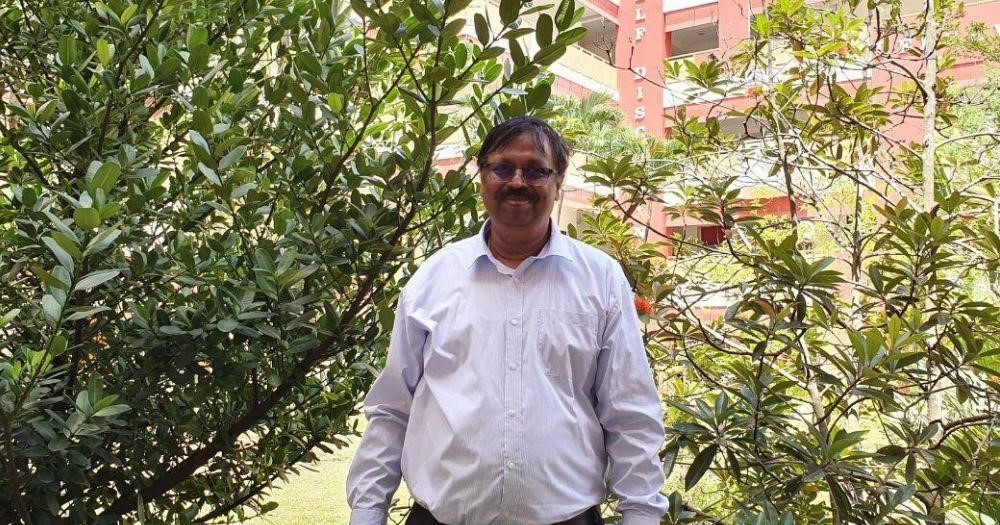Did you know that there are fewer top perfumers than there are astronauts in the world? Go on, try to name five!
You can’t, can you? But Joyce Lian Caijun plans on being one.
The earnest 21-year-old with glowing pink cheeks dreams of becoming an artist of smells, creating heady new fragrances for perfumes, shampoos, candles and even laundry detergent.
The daughter of a bus driver and a housewife never knew the job of perfumer existed until age 17. She had actually wanted to be a dermatologist, helping girls who suffer bad bouts of acne like she had.
But when she was not able to enter junior college to study Science, she started considering a course in a polytechnic. “It’s a blessing in disguise,” she says.
From Zits to Zesty
That was when she stumbled upon the Singapore Polytechnic’s Diploma in Cosmetic Science and Perfumery. It was the first perfumery-related diploma in the region, introduced in 2010 to meet the needs of the growing consumer business sector.
She enrolled in the course, initially thinking that cosmetic science would lead her to dermatology, but she eventually found perfumery far more captivating. “It was a sensory subject which involved smelling strips of raw materials and identifying them,” she recalled.
“I also loved the stories behind the perfumes. I was amazed to discover that the famous fragrance Chanel No 5 was actually a mistake.”
As she was not born with superior olfactory senses, she spent hours in the laboratory “studying” for her tests by sniffing at smell strips and trying to identify the different top, middle and base notes until she got headaches.
She also had to “practice” very hard differentiating between similar scents like peppermint and spearmint, or between sandalwood and musk. In fact, even with training, it is not something that a lot of people are able to do. Yet the influence that each scent has on a person’s mood or psyche can be profound.
“Fragrance really impacts the consumer experience,” she says. “It is the fresh fragrance of a shower gel that makes you feel clean after a shower. Women buy perfumes because they feel sophisticated when they wear it. How your laundry smells will affect how clean you think it is.
“I’d be so proud if I could tell my child in future that Mummy had concocted a particular fragrance which people know.”
Sniffing Out Her Way
Having chosen this unique path meant Joyce has had to be a go-getter and develop an entrepreneur instinct.
While Singaporeans do fill assistant perfumer roles – meaning they follow a perfumer’s instructions to mix elements – she does not know any Singaporean perfumer. From what she has observed, they are mostly Europeans.
When she scored an internship as a perfumery assistant at one of the Big Five firms, IFF (International Flavors and Fragrances Inc.), she did not simply sit at her cubicle just following formula sheets to measure and mix drips and drops for 42 weeks.
“I [would have been] like a machine following instructions and I wanted to make my internship more meaningful,” she said.
After her working hours, she stayed back and helped herself to the vast array of scents stored at IFF, memorising what she smelt and writing down her smell “impressions”. She came up with her own formulations and presented them to the perfumers at IFF to ask for their opinions on how she could improve her “extra homework”.
She even gamely concocted scented candles and presented her amateur efforts to the bosses at IFF. “It was rather daring of me, but I realised I had nothing to lose. Happily, they were very impressed and that resulted in them offering me a second internship.”
Anchoring Scents with Sense
The second three-month IFF internship exposed her to the management aspects of the business, from what happens when the client’s project brief first comes in to evaluation of the fragrance created.
“It is harder to be a perfumer than a doctor,” she says, because education and employment opportunities are so few. There are only five big companies worldwide that hire a few hundred trained perfumers each. “As a perfumer you have to compete globally,” she said.
Following her poly course, she could have tried for a highly coveted place in a perfumery school opened by Swiss fragrance and flavours manufacturer Givaudan in Jurong, its first outside of Paris. But it only takes in two students selected from a huge global pool every year.
Or she could have considered France where perfumery is an advanced practice. The cost puts it currently beyond her reach, but the savvy girl is learning French as she knows how perfumes and the art of perfumery has its epicenter in France.
In the meantime, Joyce is studying chemistry at the National University of Singapore, as a knowledge of chemistry complements her craft well, even if there is no sniffing involved in this course.
She is also determinedly writing to companies to request for internships. “I’m hoping to find opportunities to continue practicing perfumery for the next four years,” she says.
Joyce won’t be alone in this as she has a supporter in her mother, for one. Mdm Ong Beng Suan, 48, says, “I remember when she made her own scented candles and showed them to me, I was amazed that she could do something like that! And I felt very proud of her.”






